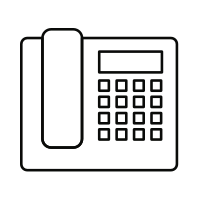As a healthcare worker, the stress and feelings of anxiety are often greater as you worry about the health and safety of those in your care, your family, and yourself. To manage this we have information and resources compiled just for you.

To start, it’s important to recognize that feeling stressed and anxious is a normal response, and one that is expected during times like this. However, too much anxiety can contribute negatively to your health and well-being. Here to Help has an infosheet with actions you can take to ease the uncertainty.

Everyone reacts to anxiety differently, so it is important to take time to recognize what you are going through and understand your own emotions. As difficult as it can be, remember to be kind to yourself. Remember, you are not alone with your feelings. Before you can take care of others, be sure to take care of yourself. Try this article from Psychology Today for practices to maintain your emotional health.

It can help to unplug from social media and the news. While it is important to stay up-to-date using reliable sources, the constant stream of bad news can be too much at times. Check out Here to Helps’ Staying Mentally Healthy with Technology.


Even caregivers still need the help of others. This can be difficult when we’re already overwhelmed, but using technology such as video messaging can help connect us. The way we connect with family and friends may have to change, but that doesn’t mean we have to stop seeing them all together. Social interactions can be uplifting in these uncertain times. If you need professional help, doctors and mental health professionals care also there to help you make it through. This article from The Conversation has more information on the best way to do that.

The Mobile Response Team is available to support the mental well-being and psychological safety of frontline healthcare workers who are experiencing distress and mental health concerns. Call: 1-888-686-3022 or Email: MRT@phsa.ca
For more information, we have compiled a list of resources to help you cope up with anxiety during these difficult days.
Meant for employers and managers, this webpage created by the Canadian Mental Health Association contains tips for responding to the feeling of anxiety staff may be having.
In this article hosted on The Conversation, psychologist Jelena Kecmanovic provides science-based methods on dealing with anxiety caused by COVID-19.
This article by Psychology Today provides proven techniques for managing stress and anxiety over the COVID-19 outbreak.
Written by BC Mental Health and Substance Use Services, this article contains a list of seven tips for maintaining a positive well-being during these difficult times.
Provided by SafeCare BC, this graphic contains a quick guide that can easily be referenced for strategies to cope with the anxiety that may arise from COVID-19.
This article written by the Canadian Mental Health Association’s BC Division is a reminder that it is normal to have feelings of anxiety in the situation caused by COVID-19. Rather than let it control your life, the article explains how you can take action to take care of your life.
The Mobile Response Team is available to support the mental well-being and psychological safety of frontline healthcare workers who are experiencing distress and mental health concerns in response to COVID-19. Call: 1-888-686-3022 or Email: MRT@phsa.ca
Anxiety Canada knows you are not the only one struggling with anxiety during these difficult times. These series of town hall videos provide Canadians with effective strategies on dealing with the anxiety caused by COVID-19.


Copyright © 2023